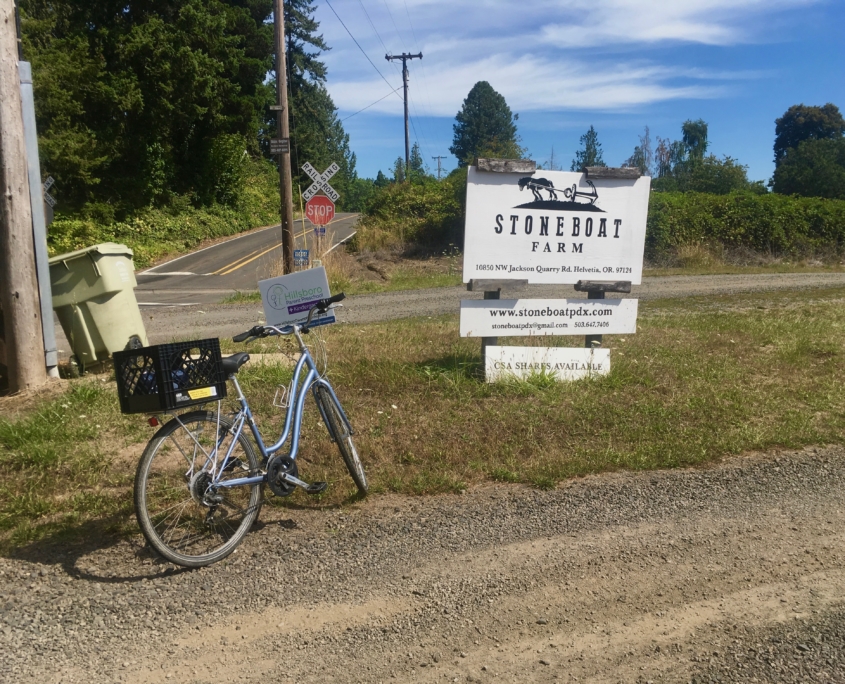Why Local Food Matters More Now Than Ever

Over the past few months grocery shopping as we know it has been totally upended.
At the beginning of the pandemic, we experienced barren shelves and panic shopping. Now we likely find ourselves strategically shopping as rarely as possible and although shelves aren’t quite as barren as they once were, we’re wondering why we see empty shelves or why a product, typically readily available, is not.
To put it simply, our supply chain is broken.
But co-op grocery stores across the country aren’t seeing these barren shelves or experiencing meat shortages. Co-ops are thriving.
We’re seeing farmers run more eggs into the co-op when supply gets short and wheat/flour producers literally stocking the shelves at the co-op when conventional stores run out.
Co-ops create a local supply chain that benefits the community in so many ways.
- Dollar for dollar, when you shop locally your money goes further. In fact, it goes 1.5 times further. According to National Cooperative Grocery, every $1000 spent at a co-op generates $1600 in the local economy when compared to spending the same amount at a convention grocer.
- You get more bang for your buck. When you purchase fruits and vegetables straight from a farmer or at the co-op chances are the product was harvested within days, allowing the fruit or vegetable to stay on the plant longer and retain more nutritional value.
- It’s better for Mother Earth. Most products in a traditional grocery store take about 13 days to arrive and travel about 1500 miles, according to Rich Pirog in the publication, “Food, Fuel, and Freeways.” At the co-op or your local farmers market, food travels a much shorter distance and uses much less fossil fuel to reach you.
The current pandemic has changed the way we buy and think about food. The panic and shortages we see at conventional grocery stores highlight the ongoing need for an alternative: the co-op.
If you aren’t yet an owner, become an owner today.
If you are an owner, share this article with your friends and neighbors who, like you, see the need for change.



